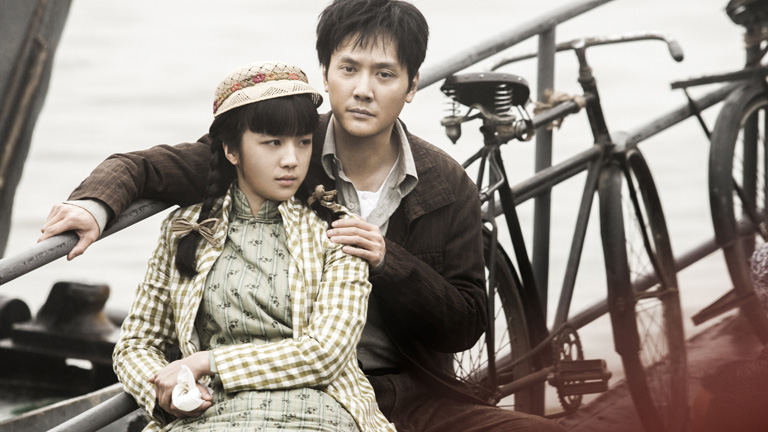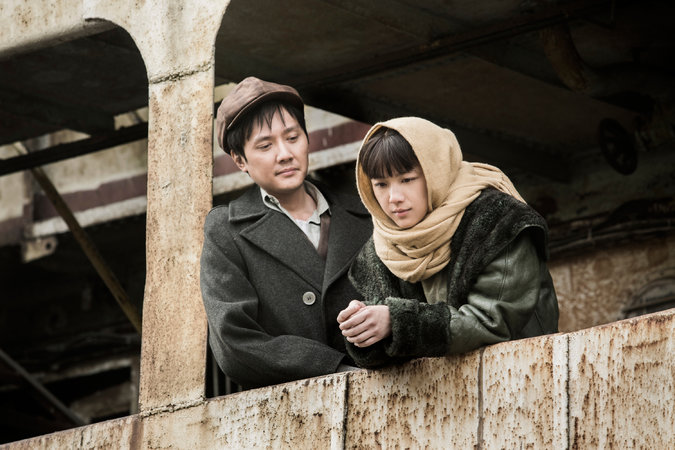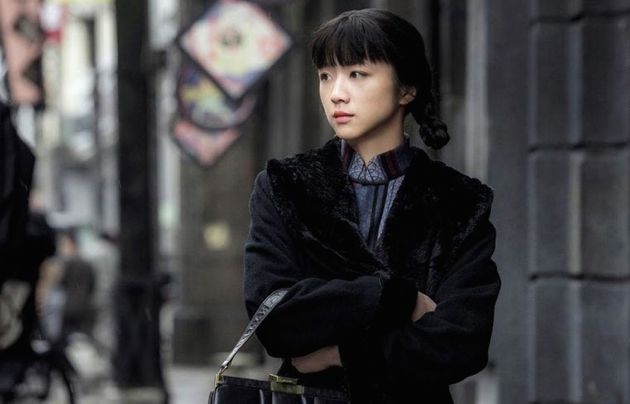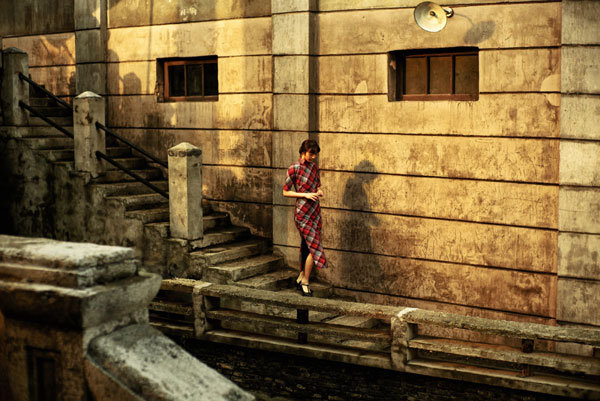Article by Monica (Yimeng) Geng
Chinese director Xu An Hua creates yet another extraordinary movie, “the Golden Era”, which combines Chinese war history, traditional literature, as well as tangled romance into one. This movie includes some of China’s most prestigious actors and actresses such as Tang Wei, Wang Zhiwen, and Yuan Quan, and since its premiere, “the Golden Age” has become one of the hottest Chinese films of fall 2014.
This movie portrays the life story of one of China’s most famous female writers, Xiao Hong, during the 1940’s. Xiao Hong lost her mother when she was a little girl and was raised by a traditional conservative Northern Chinese father. Growing up in poverty, female oppression, as well as political revolutions, she became a very sensitive yet sophisticated woman. She enjoyed writing about the poor, the beautiful landscape of her hometown, and all kinds of political problems within the society. Her reputation as an honorable female was completely destroyed when she chose to elope with a married man at the age of 20. After being abandoned by her lover, she had to wander from cities to cities while being pregnant. During her most difficult time, she met the love of her life, Xiao Jun, who worked at the News station, and was determined to spend eternity with him after giving her baby up for adoption. However, life was too cruel to her. Her relationship with Xiao Jun didn’t last, and once again she became a wandering writer, who had no stable income resource and lived an extremely penniless life. Eventually she married another man named Duan Mu, and escaped to Hong Kong to avoid the war, but died of sickness in the hospital at the age of only 31.
Despite all the hardships in her life, Xiao Hong managed to befriend some of the most sincere people who supported her and helped her become the strong woman she aspired to be. One of her most important mentors was Lu Xun, one of China’s most influential writers and politicians. The special bond between the two revolutionary thinkers was meticulously portrayed in the movie. Both of them were representatives of the voice of the poor, the intelligent, and those who desired change.
Director Xu used the “Mockumentary” technique and presented the movie in a documentary style by letting the characters tell their own stories to the camera as if they were being interviewed. This is a very innovative style especially for Chinese historic movies. The fact that actors also served as story guides embodies the movie a whole new dimension and makes it easier for audience to understand. The entire movie is 3 hours long, extremely slow-paced but just fast-paced enough to be interesting. There are many dialogueless scenes, with just shots of characters eating, walking, or staring into space. Some might think that these scenes are unnecessary, but I believe they are indispensible because they carefully display the details in Xiao Hong’s life, and help the audience truly immerse themselves in the historical context.
One of the movie’s main focuses is Xiao Hong’s writing works. Her most famous piece “Hu Lan River Tale” was mentioned several times in the movie. Unlike many other writers and political activists who wrote about the war during that time, Xiao Hong dedicated “ Hu Lan River Tale” to the beautiful scenery of her hometown. This is one of her rare pieces that do not involve hardships in life. Writing about the beauty of her hometown from time to time was one of her inspirations to look forward and discover hopes in life.
The final scene of the movie was of one of Xiao Hong’s dearest friends, Luo Binji, crying and chewing a piece of candy, while walking through the noisy Hong Kong street right after a Japanese attack. Besides crying for the death of Xiao Hong, Luo Binji’s tears also symbolizes his anger towards the destiny’s unfair treatment of Xiao Hong, and his deep sorrow for the gloomy fortune of the entire nation. Watching this movie leaves us thinking about the dilemmas, strengths, as well as faith in humanity.




Being an Asian in nyc for 30 some years, grew up in hong kong, would like very much to be on your mailing list.Please keep me posted about your events. Proud to be a part of Asian in NY.